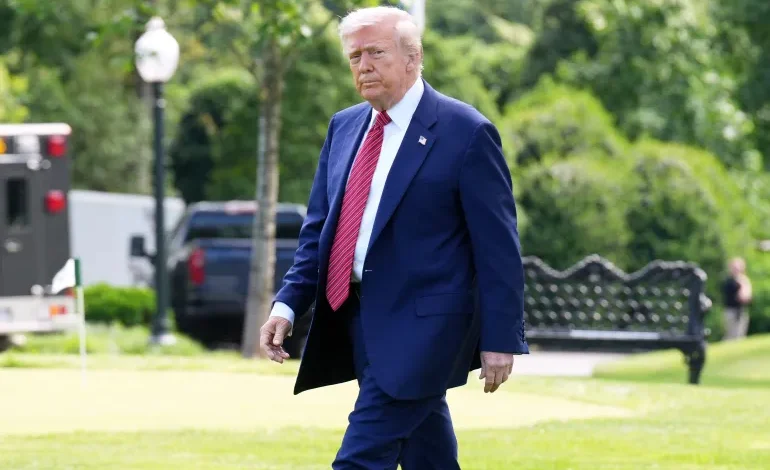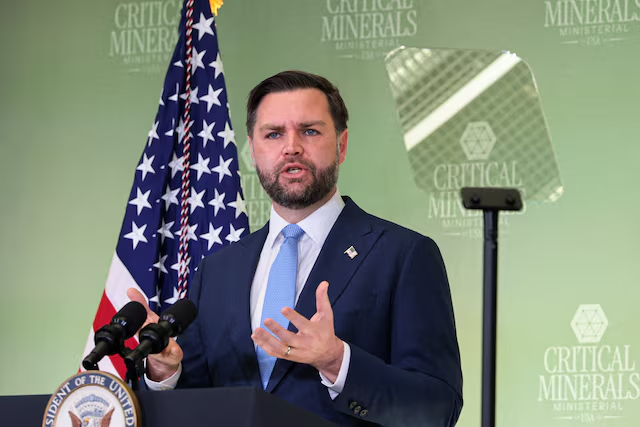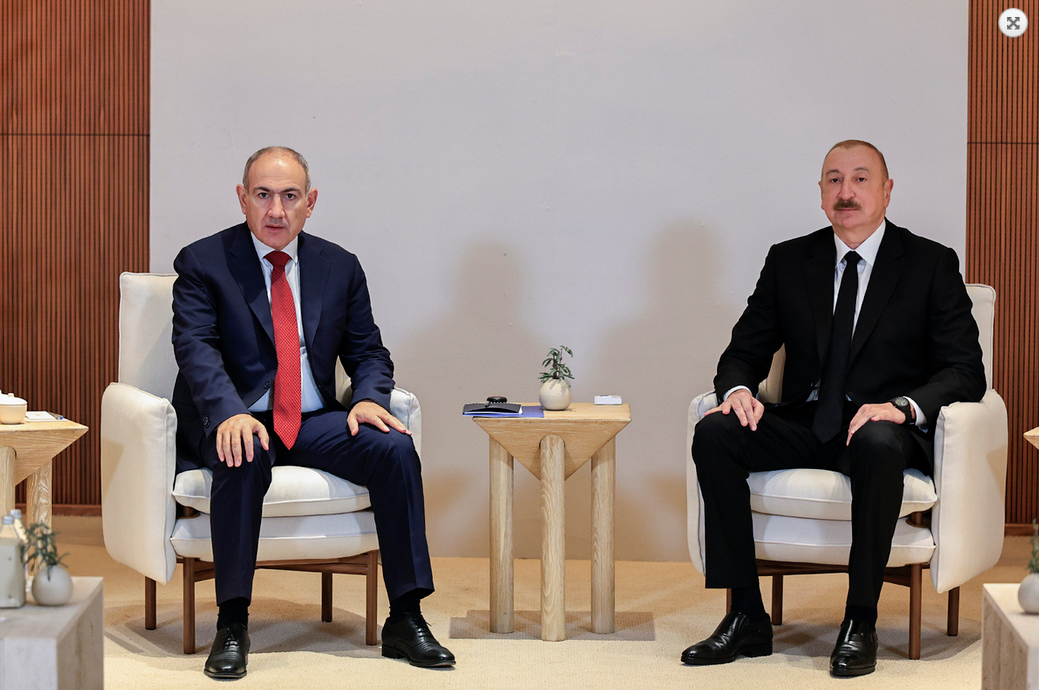Federal Appeals Court Temporarily Reinstates Trump’s Tariffs After Trade Court Ruling

A U.S. federal appeals court has temporarily reinstated President Donald Trump’s sweeping tariff measures, just one day after a lower trade court ruled the tariffs exceeded presidential authority, as per Al Jazeera.
The U.S. Court of Appeals for the Federal Circuit in Washington issued the emergency stay on Thursday, granting a request from the Trump administration to block the lower court’s decision. While the appeals court provided no explanation for its ruling, it set a June 5 deadline for plaintiffs to file their response.
The move comes in response to a Wednesday ruling by the U.S. Court of International Trade, which determined that Trump’s tariffs—broadly imposed on numerous U.S. trading partners—were unlawful. The court found the tariffs, based on the International Emergency Economic Powers Act (IEEPA), to be an overreach of executive authority, as the 1977 law is typically reserved for addressing specific national emergencies rather than trade disputes or economic concerns.
In seeking the stay, the Trump administration argued that lifting the tariffs would threaten national security. White House officials welcomed the appeals court’s temporary ruling, viewing it as a crucial step in maintaining their broader trade agenda.
“You can assume, even if we lose tariff cases, we will find another way,” said White House trade adviser Peter Navarro, suggesting alternative legal strategies remain on the table.
According to The Wall Street Journal, the administration is now weighing a new set of 15% tariffs for a 150-day period using a seldom-invoked clause from the 1974 Trade Act. The plan, still under discussion, would serve as a stopgap while the administration works to tailor more targeted tariffs against specific trade partners based on allegations of unfair practices.
The alternative approach would involve invoking a different provision of the 1974 act that permits tariff measures in response to trade imbalances or manipulation, thereby placing the tariffs on firmer legal ground. Officials familiar with the talks said the process would be complex and time-consuming, but potentially more resilient to legal challenges.
The now-contested tariffs were part of what the administration dubbed “Liberation Day” measures, aimed at punishing major trade partners—including Canada, Mexico, and China—accused by Trump of facilitating the flow of fentanyl into the United States. The Court of International Trade ruled these measures inappropriate under IEEPA, which does not grant tariff authority and is more commonly used in cases involving national security threats or sanctions, such as actions against terrorist organizations or foreign adversaries.
FeiWith the temporary stay in place, Trump’s tariff regime will remain active—at least until the appeals court reaches a final decision.









The latest news in your social feeds
Subscribe to our social media platforms to stay tuned